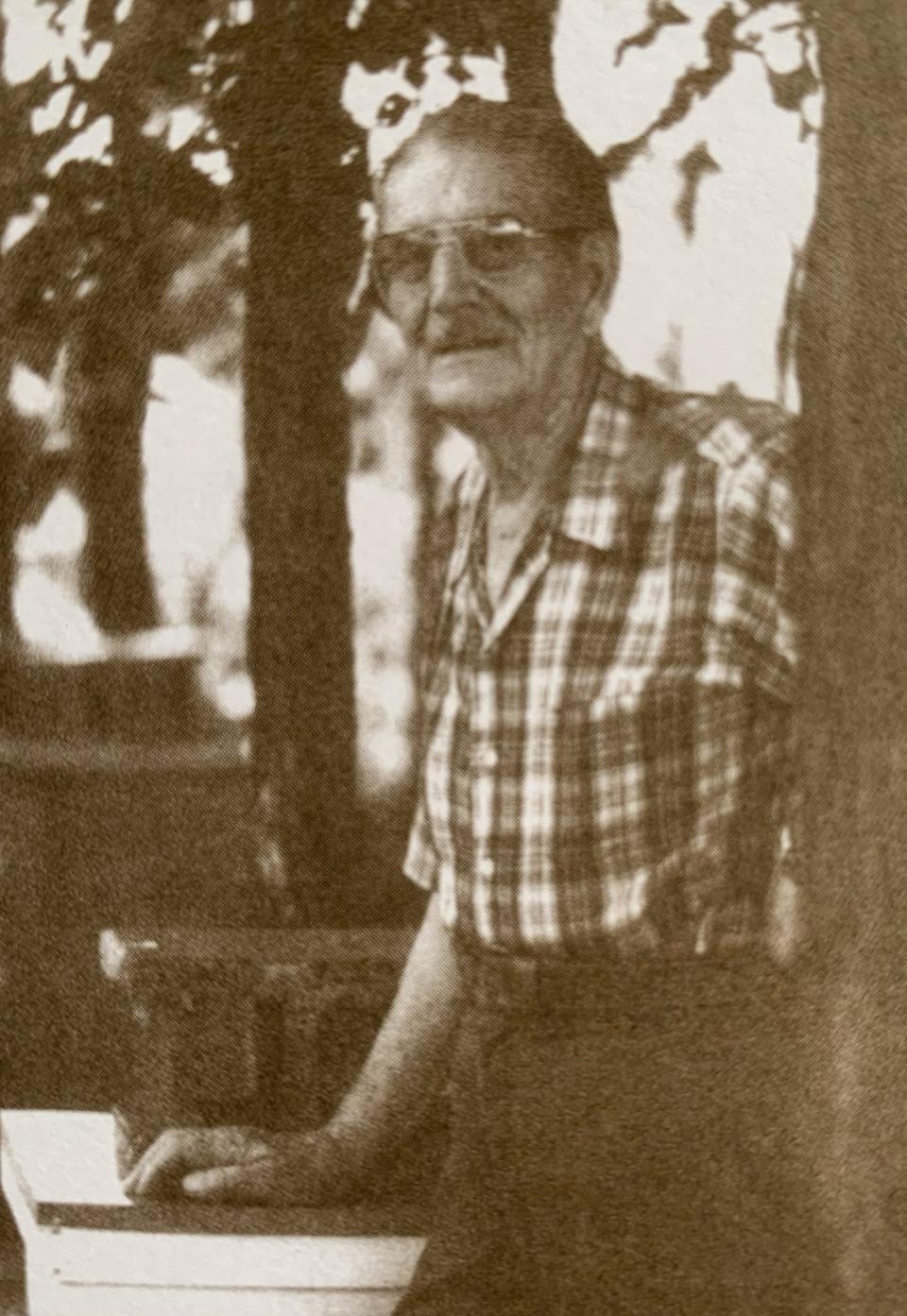Steve VanderVeen: The Mulders and Ottawa Door Lights

Cy Mulder pivoted. Larry Mulder persisted.
Cy Mulder left a secure job at Chris Craft to start the Art Craft Novelty Shop in 1945. After almost losing his business, he refocused his company and changed its name to Zeeland Sash and Door. After almost losing his business again, Cy refocused his company and changed its name to Ottawa Door Lights. That year — 1963 — his son Larry joined the firm as secretary-treasurer. But the business was far from stable.
At first, Larry spent much of this time taking what few invoices the company had to Al Johnson at Zeeland State Bank as collateral for short-term financing. Then to save money, Larry fired Ottawa Door Lights’ two independent sales reps and went on the road himself, visiting with building supply dealers and door manufacturers. Two years later the company was still not profitable.
Then a bookkeeper showed Larry an advertisement he'd seen in The Holland Evening Sentinel: Hope College was offering a short course, one evening a week, on business management. While attending, Larry learned the U.S. Small Business Administration was offering loans. But to qualify, Larry needed a three-year business plan. Both the loan and the business plan saved the company.
More: Steve VanderVeen: 'Adventurist' Cy Mulder adapts to succeed
Ottawa Door Lights' strategy was to concentrate on the Midwest and focus on its competitor’s weakness: the inability to adequately supply its distributors with inventory. By taking market share from the market leader, Ottawa Door Lights slowly reached profitability.
But the increase in business also increased Larry’s workload. Thankfully, his brother Garvin joined the company. While Cy focused on machinery, tools, and production design, Garvin focused on operations, freeing up Larry to focus solely on administration and sales. To encourage his sons, Cy gave them 25% of his company.
Larry’s persistence paid off. In 1969, an independent sales group representing a steel door manufacturer approached Ottawa Doors Lights about forming a partnership. The relationship got Ottawa Door Lights into the insulated glass business. Unfortunately, insulated glass was too heavy for Ottawa Door Lights’ wooden frames, causing untenably high scrap, rejection, and return rates. But that led to an innovation.

John Waanders, the chief design and tool engineer at Michigan Plastic Products, showed Larry the benefits of injection molding. But Ottawa Door Lights couldn’t afford injection molding tools. Fortunately, the president of the company, Miller Sherwood, agreed to finance the purchase so Ottawa Door Lights could enter the fast growing business.
By 1970, Cy had sold his remaining share of the company to Garvin and Larry and returned to customized art craftwork. Meanwhile, Ottawa Door Lights contracted with Michigan Plastic Products for 10 injection molding tools and hired its first outside-of-the-family plant manager, Gord Visser. By 1975, the company hired a sales manager, Norm Machiela, and a controller, Tom Weber.
In 1974, Ottawa Door Lights expanded its manufacturing capabilities with a new building on Colonial Street. In 1975, it purchased its own injection molding machine. To reflect their company’s expanding product line, the Mulders renamed their company ODL, which by 1976 had added more injection molding machines and a finished goods warehouse. As the decade ended, Larry was sole owner.
Subscribe: Get unlimited access to our local coverage
But in the 1980s, ODL hit a snag. Shortly after entering the plastic extrusion business, ODL abandoned it. Fortunately, the company had also entered the skylight business, which proved profitable.
Then ODL made acquisitions. Between 1985 and 2000, it purchased Gordon Skylight Company of Vista, California; Red Boy Products of Boston; Koamex Glass of Hermosillo, Mexico; and Doorlite of Gallatin, Tennessee.
But it had all started with Cy. His independent and gritty nature encouraged him to leave a secure job to start a novelty shop. Then his woodworking skill, mechanical insight, and adaptability helped him succeed in doors and door lights.
ODL is now the responsibility of Cy’s grandson, Jeff Mulder, who became President and COO in 2008, and later Chairman and CEO, a position he continues to hold today. All because Cy went his own way.
Sources for this story include Larry Mulder’s "The Morning: A Narrative History of ODL, Incorporated," Funding Universe, Encyclopedia.com and correspondence with Jeff.
— Steve VanderVeen is a resident of Holland. You may reach him at skvveen@gmail.com. His book, "The Holland Area's First Entrepreneurs," is available at Reader’s World.
This article originally appeared on The Holland Sentinel: Holland History: The Mulders and Ottawa Door Lights
